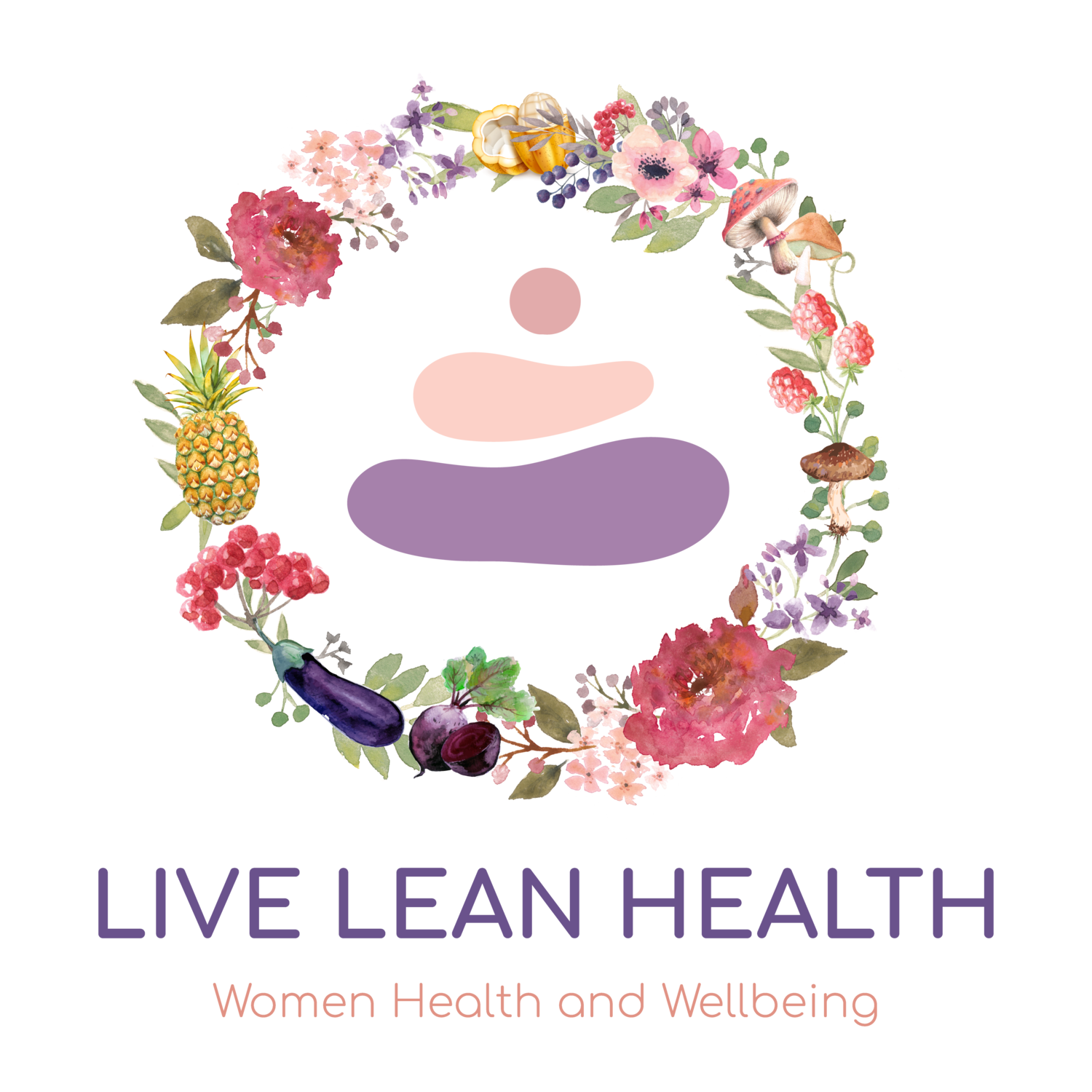Boosting Liver Health with Glutathione
It is not secret that our liver is one of the most important organs in our body, with kidneys, lymphatic system and skin. Liver flushes are well promoted as detox magic, but is it truly that we can detox the body? As with all multi-million dollars businesses, we need to always separate reality from marketing!
Our liver is definitely no stranger to detoxing; it does it every single day, it was perfectly created for that. But our daily choices can either support this natural mechanism, or impair it. Among the many contributing factors to liver health, like consuming a wholefood plant-based diet, minimizing or eliminating alcohol and living in a hygienic environment to avoid pathogenic exposure to viruses such as Hepatitis, we can focus on making sure our body is producing an amazing compound that naturally scavenges the toxic residues of oxidation: Glutathione! [1]
Glutathione (GSH) is a tripeptide, made of three amino acids: cysteine, glutamine, and glycine, and it is particularly concentrated in the liver, where it is the most important thiol reducing agent involved in the modulation of redox processes (anti-oxidation process). We naturally make Glutathione, but we can assist our body in that, by giving booster nutrients for its production, as well as foods that naturally contain glutathione too. This is particularly key as we age, because as we do, we decrease our production of glutathione.[2]
Start by consuming foods that are naturally rich in Glutathione
As mentioned above, the human body produces glutathione naturally, but there are also dietary sources that also have a good amount and can help us increase ours if we are lacking: Spinach, Avocados (also rich on other Mitochondrial nutrients such as B5), asparagus and okra, for example.
The downside of the dietary glutathione is that it is poorly absorbed so the tips below are extremely helpful.
Despite having a lower impact on increasing glutathione levels, glutathione-rich foods may help decrease oxidative stress as they do contain an array of anti-oxidants in general.
Increase Sulphur Rich Foods
Sulphur is an important mineral that occurs naturally in some foods, It’s essential for the structure and activity of amino acids and enzymes in the body. Notably, sulphur is required for the synthesis of glutathione so consuming foods rich in it, will assist this endeavour!
Cruciferous vegetables are rich in Sulphur. Foods like broccoli, Brussels sprouts, cauliflower, kale, watercress and mustard greens are amazing choices! Plus they are good for your overall health, so you cannot lose!
Eating sulphur-rich vegetables may reduce oxidative stress by increasing glutathione levels, which is an anti-oxidant! [3] This also goes for allium vegetables, such as garlic, shallots and onions. [4]
Pay attention to Selenium
Selenium is an essential mineral and a needed for glutathione activity. Some of the best sources of selenium are brown rice and Brazil nuts (in the plants kingdom) and it is easy to achieve the daily required amount. 1 Brazil nut will give you that so I would suggest sprinkling it on your oat meal!
By increasing selenium to its optimal amounts, you may help maintain or increase your body’s supply of glutathione.
The Recommended Daily Allowance for selenium is 55 mcg, to maximize the production of glutathione peroxidase (the enzymatic action in Glutathione) [5]. It is important, not to overdue Selenium however, as overconsumption can be toxic so careful with supplements.
Up your Vitamin C intake
Vitamin C is a water-soluble vitamin and mitochondrial nutrient, found in a variety of foods, particularly fruits and vegetables, such as berries, citrus, papayas, kiwis and bell peppers.
Vitamin C is, on its own, a powerful anti-oxidant (try cutting an apple and put lemon juice on it, it won’t go brown ) to protect cells from oxidative damage. It boosts immunity and also maintains the body’s supply of other antioxidants, including Glutathione.
Research shows that vitamin C may help increase glutathione levels by cleaning up free radicals first, thereby sparing glutathione, and helping reprocess glutathione by converting oxidized glutathione back to its active form. [6] Given that Vitamin C is water soluble, it is quite hard to keep high amounts from food and even these studies were done with supplements.
Those simple and easy to implement tips can truly assist our body in being its healthiest version and, if you like me, care about your liver, this is such a good way to make sure you nurture its health! Overall, including the foods we have listed, making sure we are adopting a mindful lifestyle and taking care of our body as a temple, are key factors to longevity and vitality and we have such power with the choices we make daily. So never take that for granted.
Sources
[1] https://www.ncbi.nlm.nih.gov/pmc/articles/PMC4684116/
[2] https://www.ncbi.nlm.nih.gov/pmc/articles/PMC4684116/
[3] https://pubmed.ncbi.nlm.nih.gov/8200071/
[4] https://pubmed.ncbi.nlm.nih.gov/3335037/

